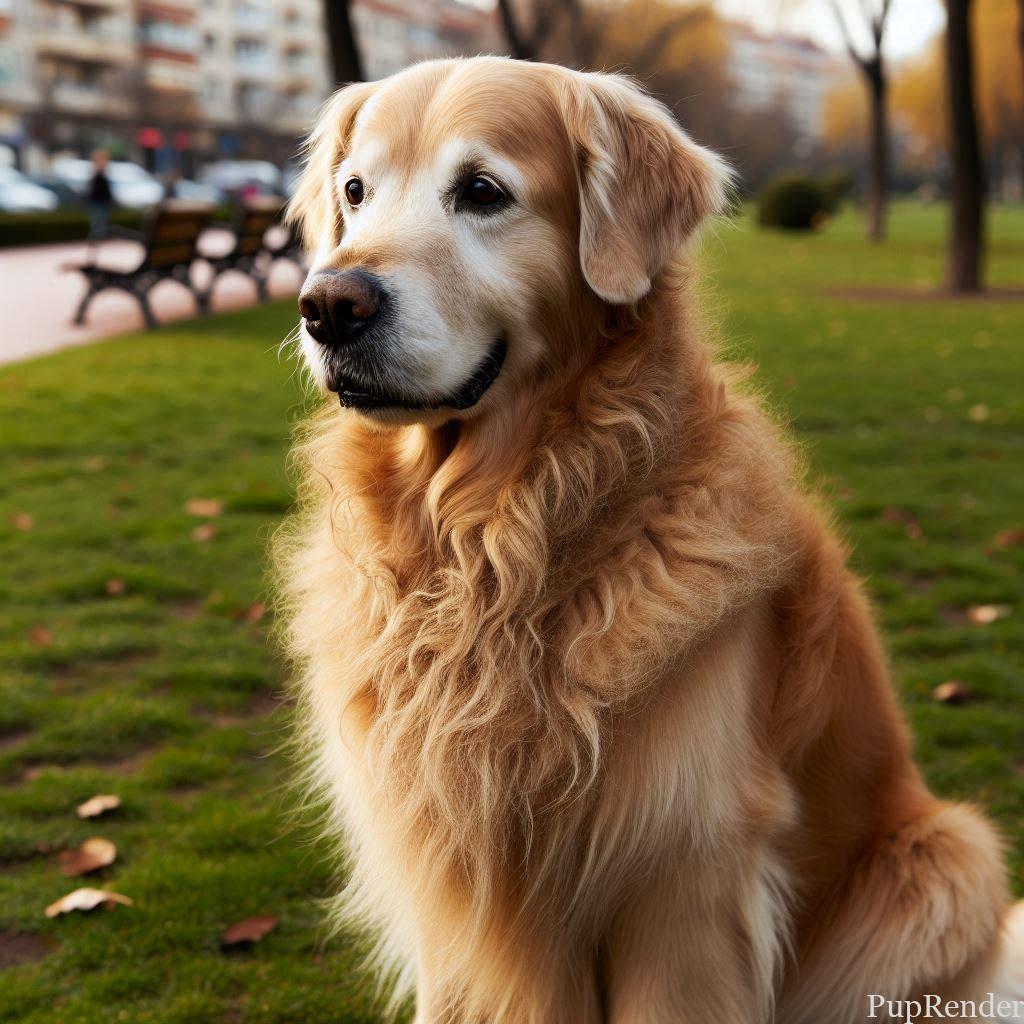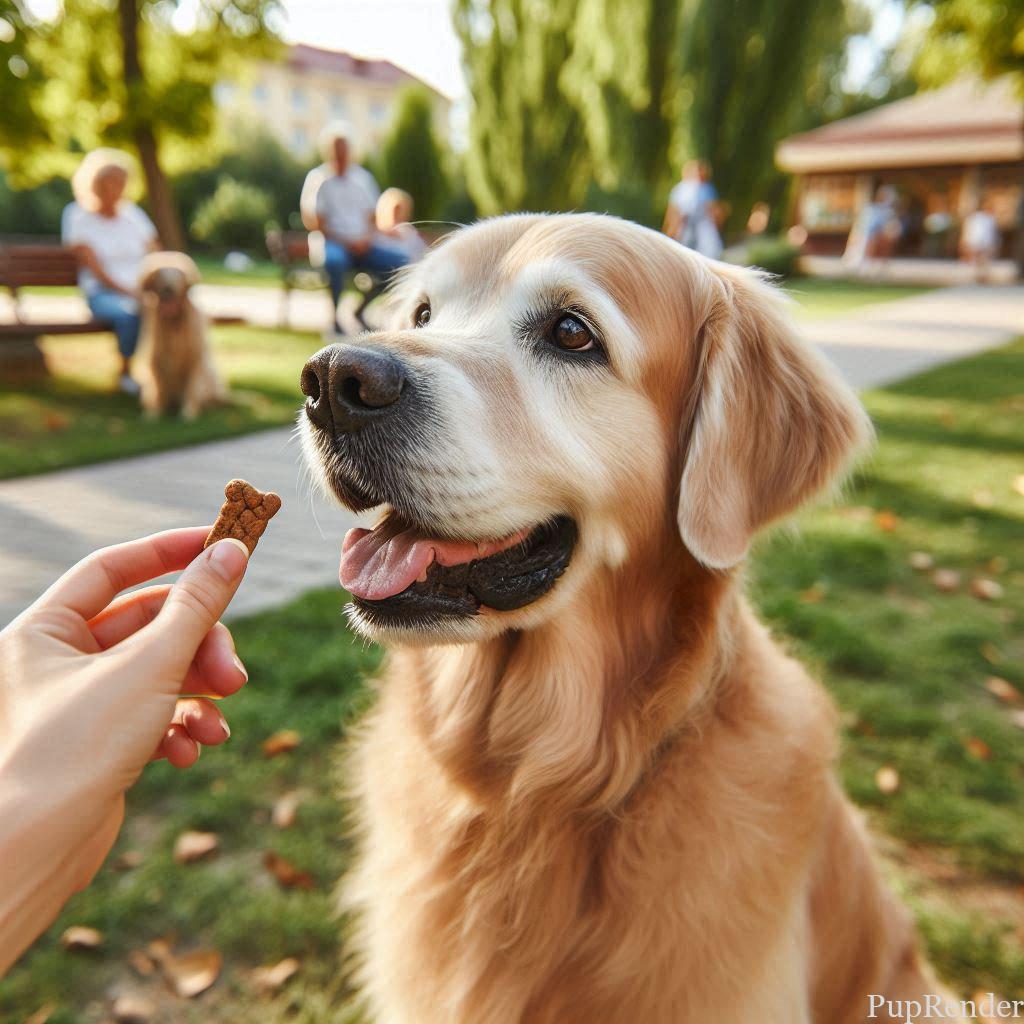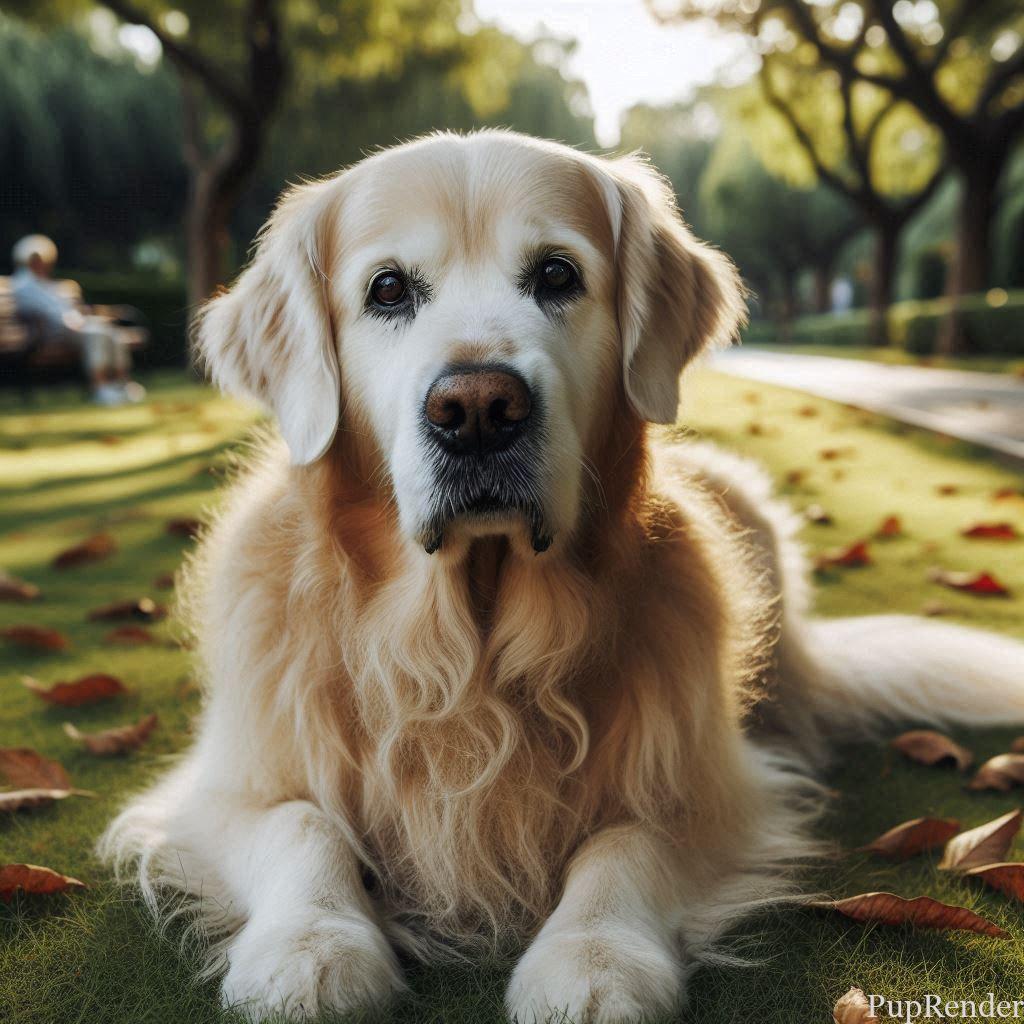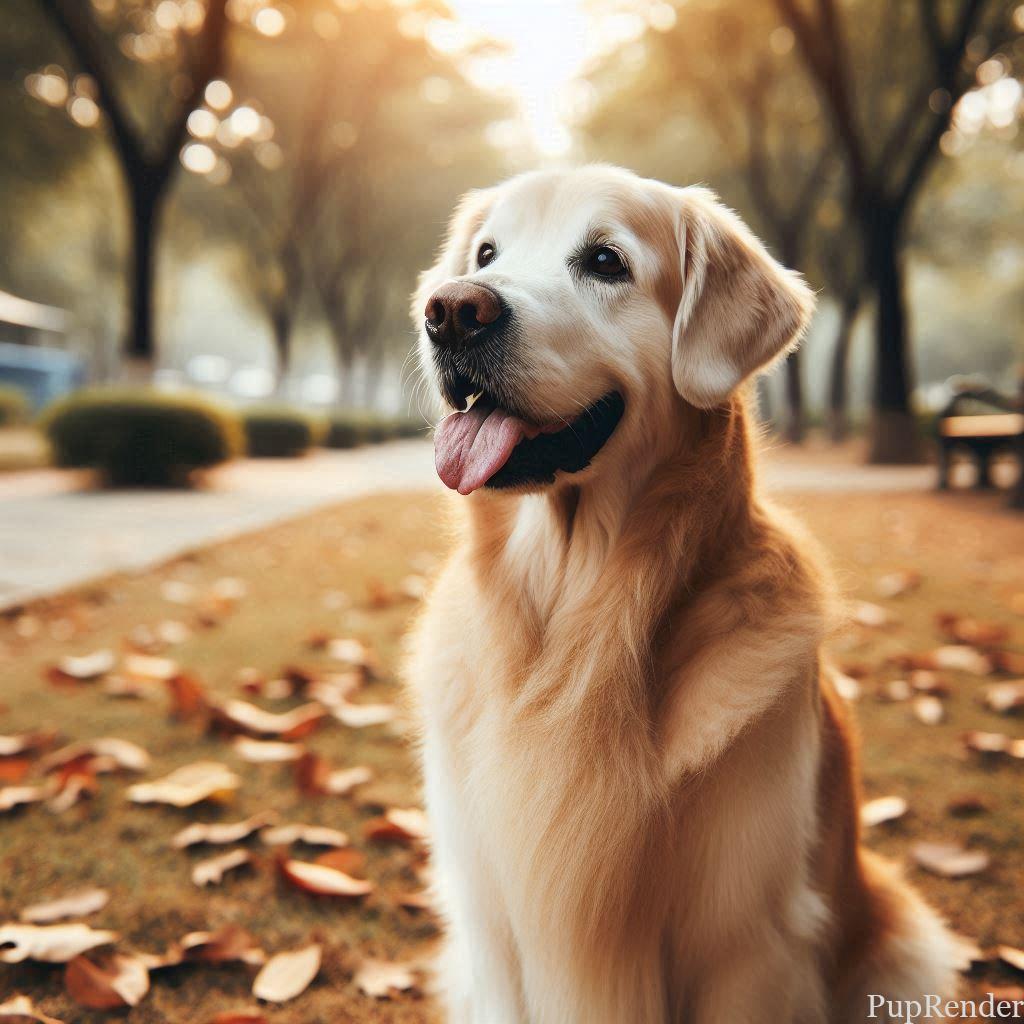Essential Tips for Training Older Dogs
Training an older dog can be a rewarding experience. While it’s true that teaching an old dog new tricks may take patience, the bond you build through training will last a lifetime. Whether your dog is a senior rescue or just needs to refine some skills, these essential tips will help you get started. Let’s dive into how you can successfully train your older dog, ensuring they stay happy and well-behaved.
Start Slow: Patience is Key
Training an older dog requires more patience than training a puppy. Begin with simple commands and gradually increase difficulty as they master each one. Older dogs may need more time to adjust, but consistency is key.

Use Positive Reinforcement
Reward-based training works wonders for older dogs. Use treats, praise, and affection to encourage good behavior. Older dogs might have set habits, but with consistent rewards, they’ll be more willing to learn.
For example, you can check out our post on the ultimate dog training tips no one told you.

Be Mindful of Physical Limitations
Older dogs may have physical limitations such as arthritis or decreased stamina. Tailor training sessions to their physical capabilities. Keep sessions short, and always pay attention to any signs of discomfort. If you’re uncertain about your dog’s health, consult your vet or refer to this guide on recognizing dog health issues.

Keep Commands Simple and Clear
Older dogs, just like senior humans, might take longer to process new information. Keep commands simple and consistent. Stick with one or two-word phrases and avoid overloading your dog with too much information at once.
For some fun activities after training, read our blog on dog tricks that will blow your mind.
<href=”https://puprender.com/amazing-dog-tricks”>dog tricks that will blow your mind</href>
Consistency is Key
Training success relies on consistency. Establish a routine, use the same commands, and make training sessions part of your daily life. A little effort each day can go a long way in helping your older dog learn new habits and become more obedient. Need more tips on training? Head over to dog obedience: the secret to a well-behaved pet.
Incorporate Mental Stimulation
Keeping your older dog’s mind sharp is just as important as physical exercise. Puzzle toys, scent games, and interactive activities are excellent ways to engage their brain. For ideas on how to make your dog happier and mentally stimulated, check out how to make your dog happier than ever.
Seek Professional Help if Needed
Sometimes, working with a professional dog trainer can make all the difference, especially with older dogs who may have developed bad habits. Don’t hesitate to reach out for expert advice. The American Kennel Club (AKC) offers great resources for finding certified trainers.
Read more about finding dog trainers near you.
It’s Never Too Late to Train!
Training an older dog may seem challenging, but it’s never too late. With patience, consistency, and the right techniques, you can teach your senior dog new tricks and strengthen your bond. Remember, every dog learns at its own pace, so celebrate small victories along the way!






